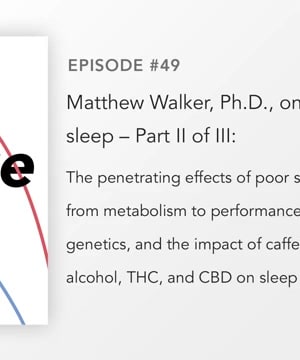Is mental health affected by sleep
Sources:
Yes, mental health is significantly affected by sleep, and there is a bi-directional relationship between the two. Here's what experts suggest:
-
Impact of Sleep Deprivation on Mental Health:
- Lack of sleep can lead to conditions such as anxiety, depression, bipolar disorder, and even schizophrenia. One single night of sleep loss can elevate anxiety levels to the point of clinical anxiety disorder 1.
- Emotional regulation is impaired with insufficient sleep, leading to increased irritability and emotional instability 2 3.
-
Sleep as a Foundation for Mental Health:
-
Cycle of Poor Sleep and Mental Health Issues:
- It's a vicious cycle where poor mental health can disrupt sleep patterns and vice versa. Persistent insomnia may need to be treated as a primary condition, regardless of the mental health issues present 5.
- Addressing sleep issues can often lead to improvements in mental health, reducing relapse rates in conditions like depression 3.
-
Physiological Changes:
In summary, addressing sleep issues is vital for managing and improving mental health, highlighting the need for consistent, quality sleep to maintain overall well-being.
RELATED QUESTIONS-


